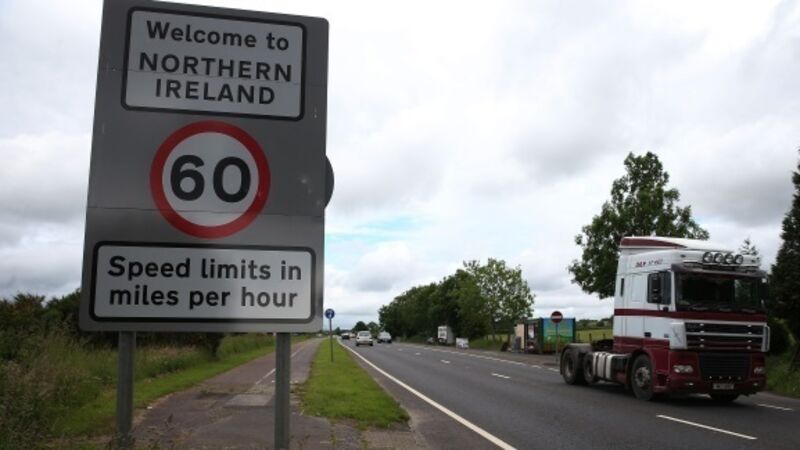Perfect storm facing Irish food and drink exporters to the UK

The perfect storm facing Irish food and drink exporters to the UK was added to this week by the UK government’s advisers recommending that British consumption of beef, lamb and dairy be cut by at least 20%.
The UK takes 34% (worth about €4.42bn) of Irish food and drink exports, in a trade which has already come under pressure from weakening economic sentiment among British consumers.













